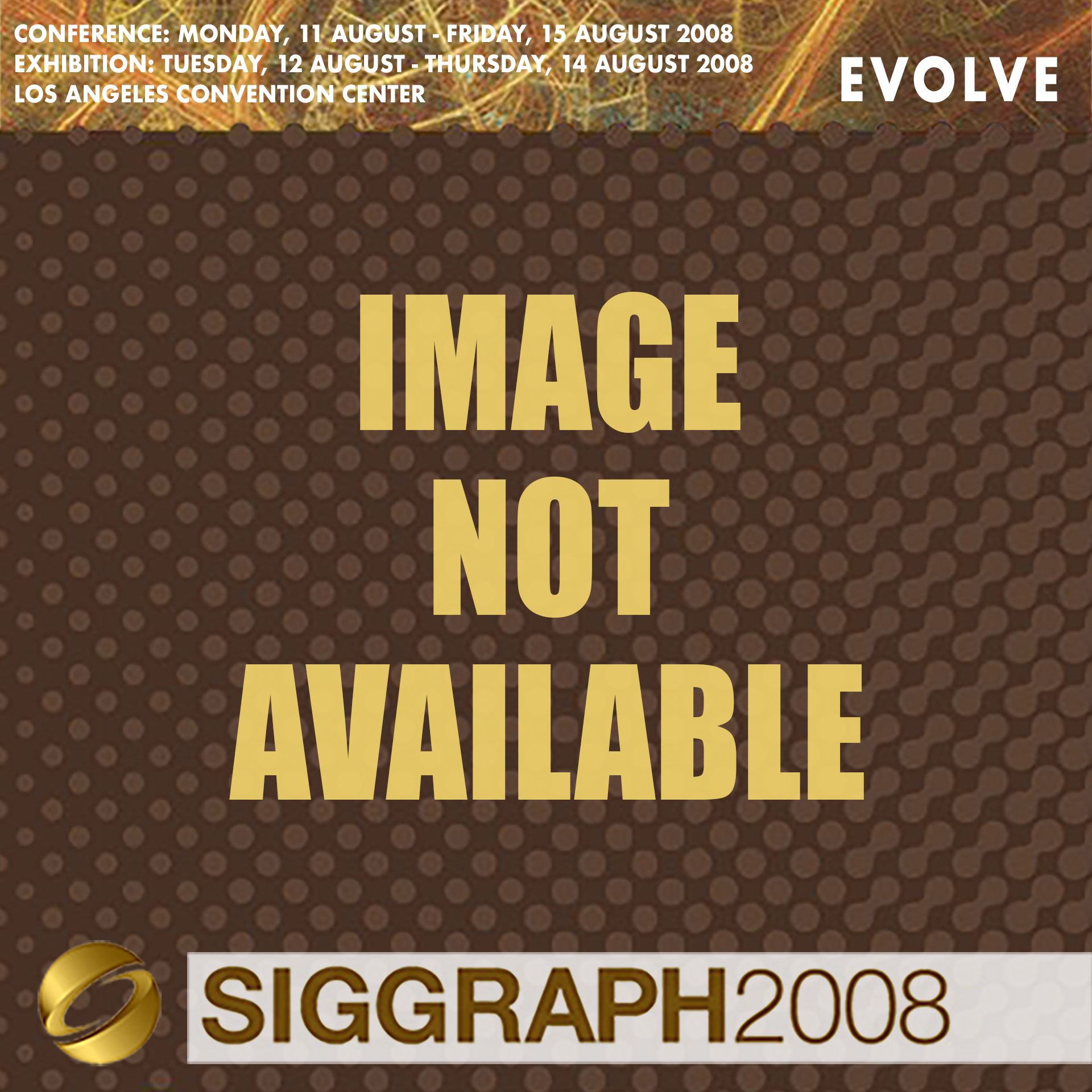“Confucius Computer: Transforming the Future through Ancient Philosophy” by Cheok, Khoo, Liu, Hu, Marini, et al. …
Conference:
Experience Type(s):
Title:
- Confucius Computer: Transforming the Future through Ancient Philosophy
Entry Number: 10
Organizer(s)/Presenter(s):
Description:
Confucius Computer is a new form of illogical computing based on the Eastern paradigms of balance and harmony, which are radically different from the ancient Greek logic normally experienced in computing. It aims to facilitate inter-generational cultural communication by enabling young and old to interact and explore ancient Asian cultural heritage. The system uses new media to revive and model these historical philosophies and teachings, presenting them in new contexts, such as online social chat, music and food. This enables people to experience and explore ancient culture using the literacy of digital interactivity.
The system core is a virtual Confucius which can appear as a friend in online social groups such as Facebook. Based on our artistic interpretation of the model of Eastern mind and teaching, the system enables users to have meaningful social network communication with virtual Confucius. But not only chat, our system allows many every day activities to be formed using history with the future. Confucius Computer offers a new artistic playground for interactive music-painting creation based on our Confucius music filter and the ancient model of Cycles of Balance. Confucius Computer also allows users to explore the traditional Chinese medicine concept of Yin-Yang through recipe mixing.
Confucianism is an Eastern ethical and philosophical system that has had great impact, especially in Asian countries, for more than 2500 years, with more and more interest being generated in western society. However Confucian philosophies are extremely complex, and thus may not be easily accessible to people especially given the cultural and language barrier. Also, traditional passive media provides only a linear understanding of his profound teachings which restricts the learning process. In addition, young people are more inclined to use modern networked and social digital media. Hence our vision is to enable users to experience this rich ancient culture using computing technology in an interactive and dynamic way. Confucius computer provides a personalized experience, in which users can explore and understand Confucianism and Eastern culture.
Other Information:
References
FENG, Y. L., AND BODDE, D. 1952. A History of Chinese Philosophy, Vol. 2: The Period of Classical Learning. Princeton University Press.
HAO, H. F. 2007. Confucius teaching methods in the analects. Chuanshan Journal 3 (March), 113–115.
HUANG, S. C. 1963. Musical art in early confucian philosophy. Philosophy East and West 13, 1 (April), 49–60.
RONG, J. Y., HUANG, G. H., ZHANG, H., AND WU, M. M. 2007. Exploration and analysis on harmony thought of inner canon of huangdi. Chinese Archives of Traditional Chinese Medicine 12, 2620–2621.
ZENG, Z. 2004. On the ’linear’ phenomenon in traditional chinese music. Journal of Southwest China Normal University (Humanities and Social Sciences Edition) 30, 2 (March), 167–169.
Keyword(s):
- Culture technology
- Confucianism
- illogical computing
- inter-generational cultural communication





